Table of Contents
Nestled in the vast expanse of the South Atlantic Ocean lies a remote and windswept archipelago known as the Falkland Islands. These islands, with their rugged landscapes and unique wildlife, have long been a symbol of resilience and unwavering identity. In this article, we will delve into the story of the Falkland Islanders, exploring their rich heritage, the challenges they have faced, and the enduring spirit that defines their existence in this remote corner of the world.
Nestled in the vast expanse of the South Atlantic Ocean lies a remote and windswept archipelago known as the Falkland Islands. These islands, characterized by their rugged landscapes, dramatic coastlines, and unique wildlife, have always held a special place in the hearts of their inhabitants. They stand not only as a symbol of resilience but also as a testament to the unwavering identity of the Falkland Islanders. In this article, we embark on a journey to delve into the remarkable story of these islanders, immersing ourselves in their rich heritage, the formidable challenges they have faced throughout history, and the enduring spirit that defines their existence in this remote corner of the world.
The Falkland Islanders’ history is a narrative of adaptability and determination. Despite the harsh and often unpredictable environment, they have carved out a life that is deeply intertwined with the land and sea. From generations of shepherding and farming in the rolling hills to their enduring relationship with the surrounding ocean through fishing and maritime industries, these islanders have demonstrated an extraordinary capacity to thrive in challenging conditions.
Their rich heritage is also reflected in their cultural traditions, which have been passed down through the generations. Traditional dances, music, and celebrations harken back to their British and Scottish roots, creating a unique fusion of cultures that defines their identity. The annual Falkland Islands Day, celebrated with fervor, serves as a reminder of their historical ties to the United Kingdom and underscores their commitment to preserving their heritage.
The Falkland Islanders have faced their share of challenges, perhaps most notably during the Falklands War in 1982, when the islands became the focus of international attention. The conflict left deep scars but also solidified the islanders’ resolve to defend their home and maintain their unique way of life. In the years that followed, they worked tirelessly to rebuild and strengthen their communities.
Despite the remoteness of their location, the Falkland Islanders have embraced modernity while holding fast to their traditions. They’ve invested in education, healthcare, and infrastructure to ensure a high quality of life for their residents. Sustainable practices in farming and fishing underscore their commitment to environmental conservation and long-term prosperity.
In the face of isolation, climatic challenges, and geopolitical complexities, the Falkland Islanders’ enduring spirit remains their most defining feature. Their connection to the land, their cultural resilience, and their determination to navigate the unpredictable currents of history are a testament to the human capacity for adaptation and tenacity.
As we delve into the story of the Falkland Islanders, we gain not only a deeper understanding of their unique way of life but also a source of inspiration. Their story reminds us that even in the most remote and challenging corners of the world, the human spirit can thrive, and a sense of identity and resilience can flourish.
For a comprehensive look at this subject, we invite you to read more on this dedicated page: Small Islands, resilience and social control: how the Falkland …
Historical Significance
The Falkland Islands have a complex history, marked by disputes and colonization. The islands’ history is intertwined with British and Argentine claims, leading to a brief but intense conflict in 1982. The Falkland War, which ended with British victory, solidified the islands’ status as a British Overseas Territory. Today, the Falkland Islanders maintain their British identity with a strong sense of self-determination.
nullFor additional details, consider exploring the related content available here INEQUALITY IN A RAPIDLY CHANGING WORLD

Resilience in Isolation
The Falkland Islands’ isolation, located over 8,000 miles from the United Kingdom and approximately 300 miles from the nearest South American coastline, presents a unique set of challenges. The harsh climate, characterized by strong winds and unpredictable weather, has shaped the resilience of the islanders. They have learned to adapt and thrive in an environment where self-sufficiency and resourcefulness are essential.
The Falkland Islands, perched over 8,000 miles away from the United Kingdom and approximately 300 miles from the nearest South American coastline, exist in splendid isolation, a place where nature’s forces have sculpted not just the landscape but also the character of its inhabitants. The harsh climate, a defining feature of life here, has been a formidable teacher, instilling resilience, adaptability, and resourcefulness in the islanders.
The relentless winds that sweep across the Falklands have shaped daily life in profound ways. They are a constant presence, a reminder that in this remote corner of the world, nature reigns supreme. Islanders have learned to coexist with these powerful gusts, adapting their architecture and lifestyles to withstand the forces of the elements. Roofs are reinforced, fences are built to withstand gales, and even everyday tasks like walking require a steady balance against the wind’s relentless push.
The Falkland Islanders’ ability to adapt and thrive in such an unforgiving environment is a testament to their self-sufficiency. They’ve cultivated skills and practices passed down through generations, mastering the art of living off the land and sea. Agriculture, although challenging due to the rocky terrain and harsh conditions, provides a sense of self-reliance, as does fishing, a vital industry that sustains both their economy and way of life.
Resourcefulness is the hallmark of Falkland Islanders. When the unpredictable weather disrupts supply chains from the mainland, they’ve learned to make do with what’s available. Ingenuity abounds as they repair, repurpose, and recycle, minimizing waste and maximizing the utility of every resource. This spirit of resourcefulness extends to the ingenious ways they’ve harnessed renewable energy sources like wind and solar power, ensuring a sustainable future for their isolated home.
Despite the challenges, life on the Falkland Islands is characterized by a strong sense of community. Islanders support each other through thick and thin, embodying the true meaning of neighborliness in a place where cooperation and mutual aid are not just virtues but essential survival strategies.
In the face of isolation and the harshness of their environment, the people of the Falkland Islands have not just survived; they’ve thrived. Their resilience, adaptability, and resourcefulness serve as a testament to the indomitable human spirit and the profound bond between people and the land they call home. In this remote corner of the world, the Falkland Islanders stand as a remarkable example of what can be achieved when humans and nature find a harmonious balance.
Explore this link for a more extensive examination of the topic: Chapter 3 — Global Warming of 1.5 ºC
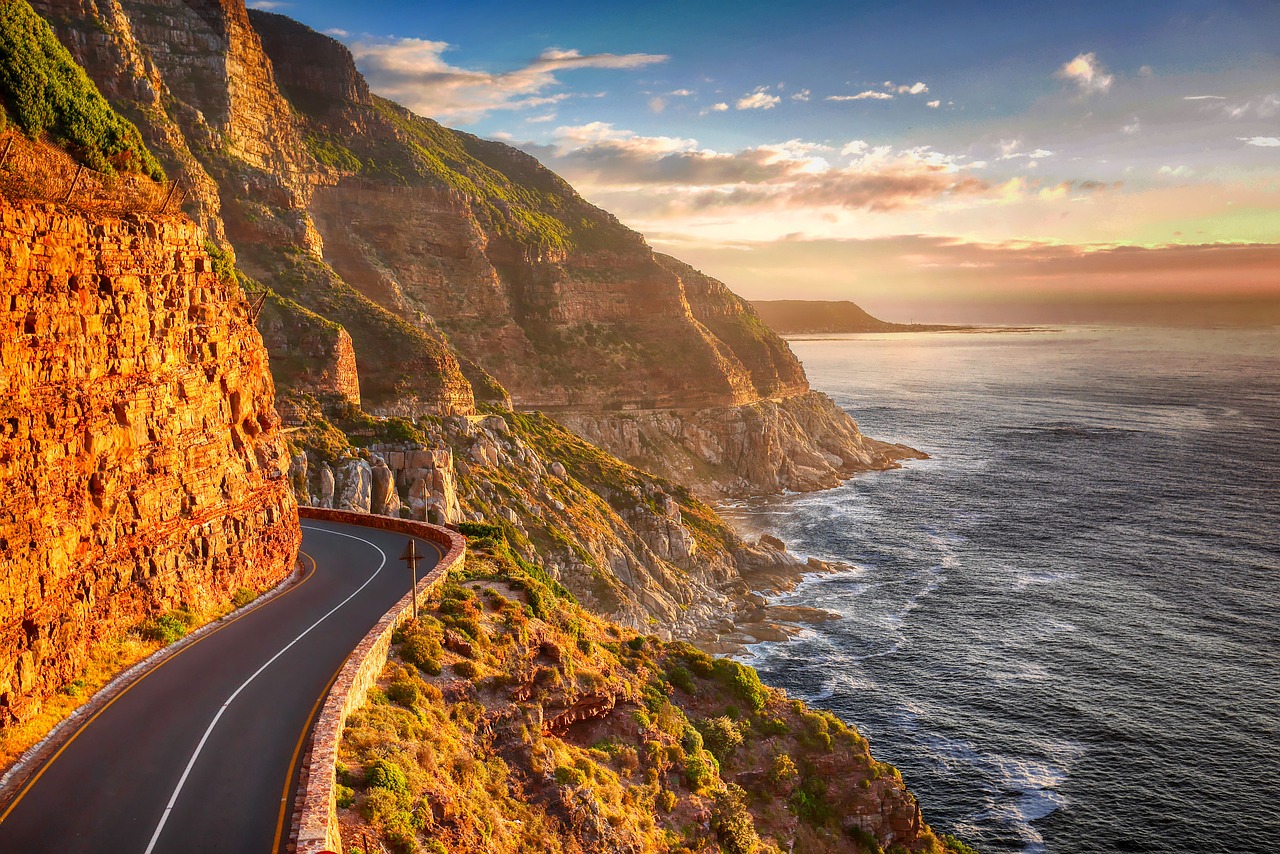
Agriculture and Self-Sufficiency
Agriculture has been a cornerstone of the Falkland Islands’ economy and self-sufficiency. Islanders have successfully raised sheep for wool and meat in these remote and challenging conditions. The Falklands’ high-quality wool is renowned worldwide, and it remains a vital part of the islands’ economy.
Agriculture has been not just a means of sustenance but a symbol of resilience for the Falkland Islanders, who have thrived in the face of remoteness and challenging conditions. Their ability to successfully raise sheep for both wool and meat has not only supported their livelihoods but also fostered a deep connection to the land and a sense of self-sufficiency.
The Falkland Islands’ terrain, marked by windswept plains and rugged coastline, presents unique challenges for agriculture. Yet, the islanders have embraced these conditions, adapting their farming practices to the environment. The iconic Falkland sheep, well-suited to the harsh climate, have become a symbol of the island’s tenacity.
The high-quality wool produced by these sheep is renowned worldwide. Falkland wool is prized for its softness, durability, and natural luster. This reputation has made it a sought-after commodity in the global textile industry, contributing significantly to the Falkland Islands’ economy. The wool industry supports not only the islanders’ livelihoods but also the preservation of their cultural heritage.
In addition to wool, the Falkland Islanders have mastered the art of sustainable meat production. The Falkland lamb, raised in the open pastures and fed on natural grasses, is celebrated for its exceptional taste and quality. This industry not only caters to the local population but also plays a role in international trade, exporting premium lamb to discerning markets.
While agriculture remains a vital part of the Falkland Islands’ economy, it has not been without its challenges. Market fluctuations, changing consumer preferences, and climate variability all require adaptive strategies to ensure the continued success of these industries. The Falkland Islanders’ commitment to sustainability and responsible farming practices is a testament to their determination to safeguard their way of life.
In conclusion, agriculture in the Falkland Islands is more than just a means of economic sustenance; it is a testament to the indomitable spirit of the islanders. Their success in raising sheep for wool and meat has not only supported their communities but also made the Falklands a respected name in the global wool and culinary industries. It stands as a shining example of how dedication, adaptability, and a strong connection to the land can lead to thriving agricultural practices even in the most remote and challenging environments.
Don’t stop here; you can continue your exploration by following this link for more details: World Economic Situation and Prospects 2020
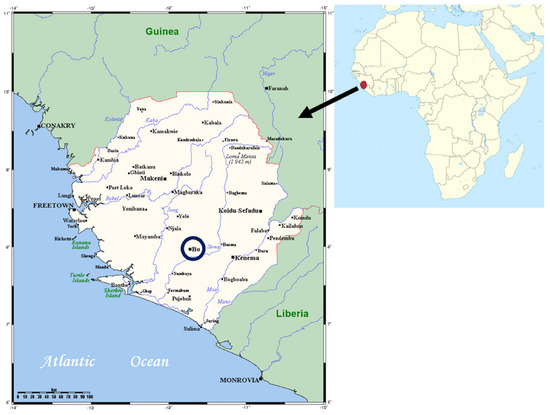
Fishing Industry
The fishing industry is another pillar of the Falkland Islands’ economy. The surrounding waters are teeming with an abundance of fish, including the highly prized Falkland Islands’ squid. The fishing industry provides both livelihoods and sustenance for the islanders while contributing to the islands’ economic sustainability.
The fishing industry is not only a pillar but also a lifeline of the Falkland Islands’ economy. The surrounding South Atlantic waters are not just abundant but also ecologically diverse, offering a wide array of fish species, including the highly prized Falkland Islands’ squid. This industry, deeply woven into the fabric of the Falklands, serves a multifaceted role, providing livelihoods, nourishment, and contributing significantly to the islands’ economic sustainability.
For generations, the Falkland Islanders have harnessed the rich aquatic resources that grace their shores, maintaining a delicate balance between human activity and environmental stewardship. Sustainable fishing practices are paramount, with strict regulations in place to ensure the long-term health of fish stocks and protect the marine ecosystem. This commitment to responsible fishing not only safeguards the islands’ economic prosperity but also upholds their environmental integrity.
The fishing industry isn’t just about economic gain; it’s about the daily sustenance of the islanders. Fish is a dietary staple, a vital source of protein and essential nutrients for the community. Freshly caught seafood graces the tables of homes and restaurants across the islands, connecting people to their natural surroundings and fostering a sense of self-reliance that is deeply ingrained in Falkland Islands culture.
Moreover, the fishing industry is a driving force behind the Falklands’ economic stability. Exports of seafood, especially the renowned Falkland Islands’ squid, generate substantial revenue and bolster the islands’ fiscal resilience. This economic contribution funds vital services and infrastructure, ensuring that the Falkland Islanders have access to healthcare, education, and other necessities that enhance their quality of life.
The fishing industry also encourages self-sufficiency and innovation. Islanders take pride in their ability to adapt to changing market conditions, embracing new technologies and methods to maximize their yields while minimizing their environmental footprint. This adaptability reflects the resilient spirit of the Falkland Islanders, who have weathered challenges and uncertainties throughout their history.
In essence, the Falkland Islands’ fishing industry is more than a source of income; it’s a testament to the islanders’ deep-rooted connection to their environment, their resourcefulness, and their commitment to preserving the delicate balance between human prosperity and ecological health. It showcases a model of sustainable development that other regions can look to as they seek to harness their natural resources while safeguarding the planet for future generations.
You can also read more about this here: Key climate change effects on the coastal and marine environment …
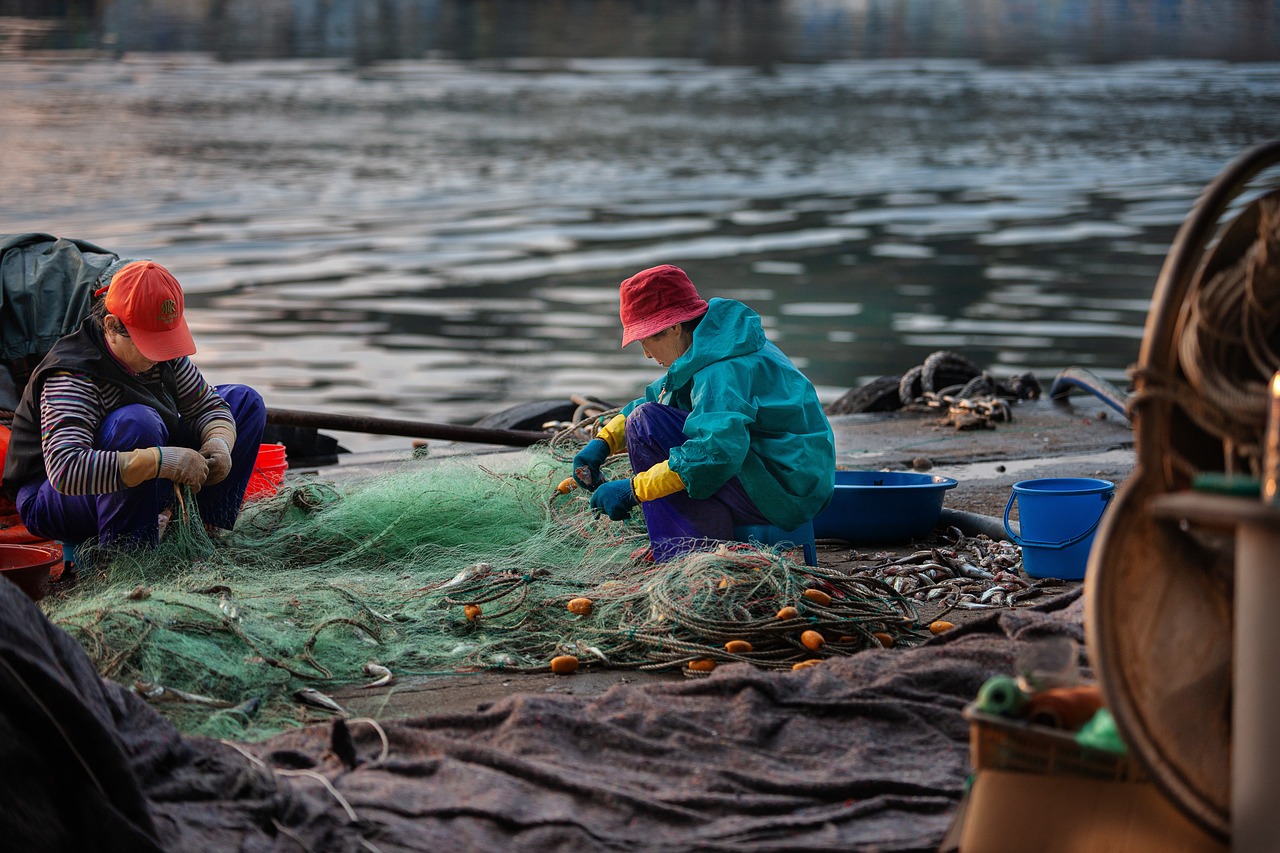
Wildlife and Conservation
The Falkland Islands are renowned for their unique and diverse wildlife. Colonies of penguins, albatrosses, and seals thrive in these remote regions. Islanders take pride in their role as custodians of this remarkable biodiversity and are actively engaged in conservation efforts to protect their natural heritage.
nullFor a comprehensive look at this subject, we invite you to read more on this dedicated page: Tracking penguins, sensing petroleum: “Data gaps” and the politics …
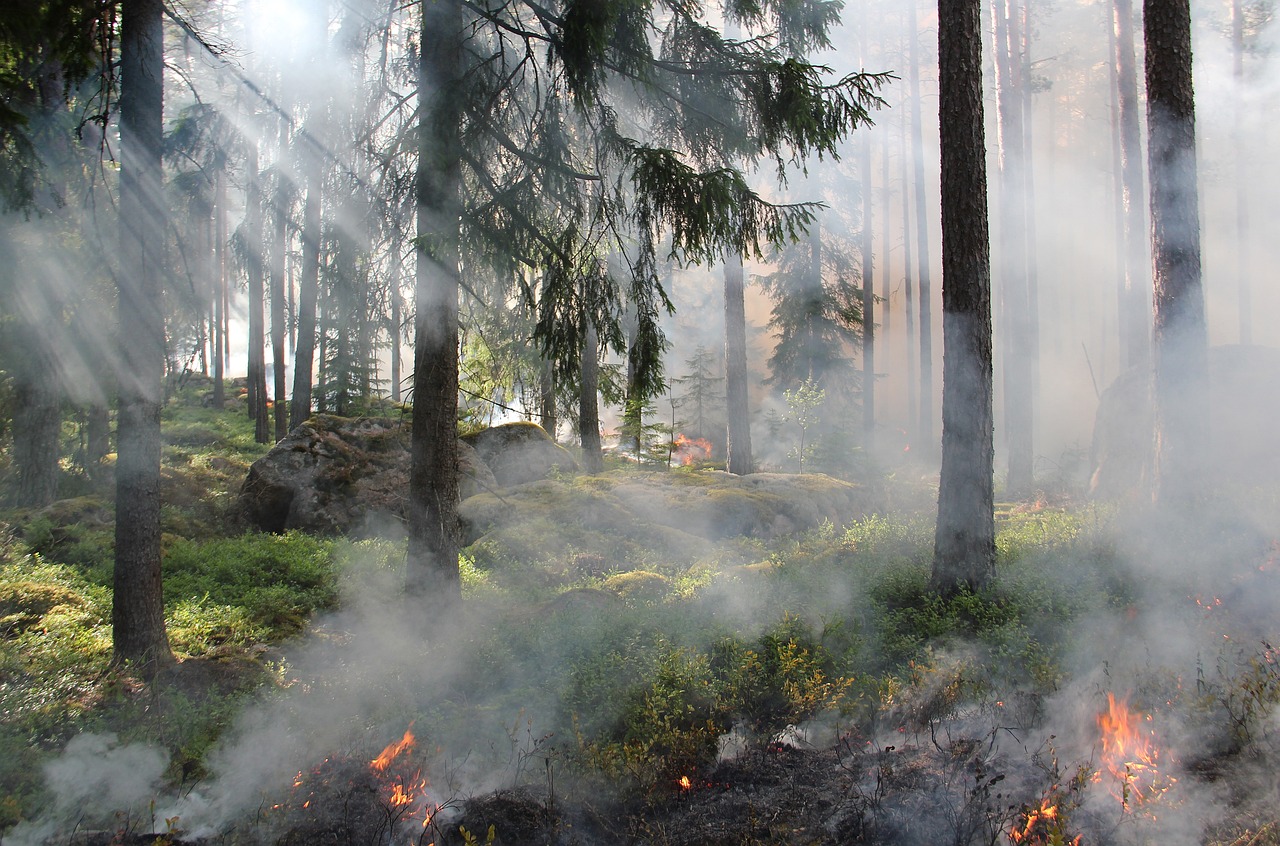
Challenges Faced
Despite the Falkland Islanders’ resilience, they face several challenges:
Despite the Falkland Islanders’ resilience, they face several challenges that underscore the complex tapestry of their daily lives and aspirations. These challenges, while formidable, have forged a close-knit community that draws strength from their enduring spirit.
Geographic Isolation: The Falkland Islands’ remote location in the South Atlantic Ocean presents a logistical hurdle for trade, travel, and access to essential resources. Residents must contend with the distance and dependency on external sources for many goods and services.
Harsh Climate: The islands’ unpredictable and often harsh weather conditions can disrupt daily routines and affect the safety of fishing and farming activities, which are vital to the local economy.
Economic Sustainability: The Falklands’ economy is closely tied to fishing, agriculture, and tourism. Maintaining a balance between these sectors and ensuring sustainable practices are crucial for long-term economic stability.
Territorial Disputes: The sovereignty dispute with Argentina adds a layer of complexity to the Falkland Islanders’ lives. While they are steadfast in their desire to remain a British Overseas Territory, this ongoing issue can introduce uncertainty and diplomatic challenges.
Access to Healthcare and Education: As a small, remote community, access to specialized healthcare and educational opportunities can be limited. The islanders must rely on local facilities and seek solutions to address these gaps.
Environmental Conservation: The pristine natural environment of the Falklands is a source of pride and sustenance. Balancing conservation efforts with economic activities is a delicate task, requiring thoughtful planning and commitment.
Cultural Preservation: While modernization brings benefits, it also poses a risk to traditional Falkland Islands culture and heritage. The community must work to ensure that their unique way of life is passed on to future generations.
Self-Governance: With self-governance comes the responsibility of managing local affairs effectively. The Falkland Islanders must grapple with issues of governance, infrastructure development, and social services to meet the needs of their growing population.
Despite these challenges, the Falkland Islanders’ resilience shines through in their determination to maintain their way of life, foster a thriving community, and safeguard their unique natural environment. Their ability to adapt, innovate, and support one another forms the bedrock of their enduring spirit in the face of adversity.
For a comprehensive look at this subject, we invite you to read more on this dedicated page: Inclusive recovery planning for incremental systemic change: A …
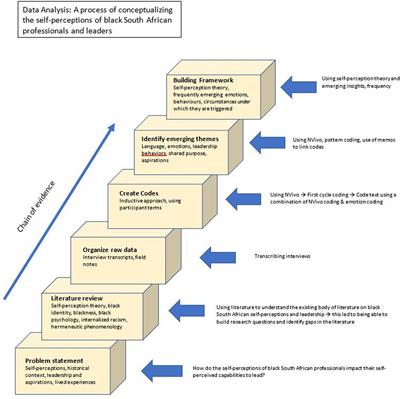
Isolation
The Falklands’ remote location hinders easy access to essential goods and services. Islanders have learned to rely on their resourcefulness to meet their needs.
The Falkland Islands’ remote and isolated location in the South Atlantic Ocean presents a unique set of challenges for its residents. This geographic isolation, while contributing to the islands’ pristine natural beauty, also means that easy access to essential goods and services is limited. However, the people of the Falklands have developed a remarkable sense of resourcefulness born out of necessity.
One of the most significant challenges of life on the Falklands is the limited availability of everyday goods. The islands are thousands of miles away from major population centers, making the transportation of goods a complex and costly endeavor. This remoteness leads to higher prices for imported items, making it essential for Falkland Islanders to be resourceful and frugal in their daily lives.
In response to these challenges, many residents have become adept at self-sufficiency. Vegetable gardens and small-scale farming are common sights in Falkland communities, allowing locals to grow their produce and reduce their reliance on imported goods. These efforts not only provide fresh, locally sourced food but also foster a sense of community as neighbors often share their surplus produce.
Resourcefulness also extends to the maintenance and repair of essential infrastructure. Islanders have honed their skills in DIY repairs, from fixing vehicles to maintaining their homes. This self-reliance not only saves money but ensures that essential services continue to function even in the face of limited access to outside expertise.
Moreover, the Falkland Islanders’ resourcefulness extends to the realm of renewable energy. Despite the challenging climate, many households have embraced wind and solar power as alternative energy sources, reducing their reliance on imported fossil fuels. These initiatives not only reduce the islands’ carbon footprint but also enhance their energy security in a remote region.
In addition to their resourcefulness, the Falkland Islanders’ close-knit communities are characterized by a strong spirit of mutual support. Residents understand the challenges they face and often come together to help one another in times of need. This tight social fabric creates a sense of unity and resilience, enabling the islands’ population to weather the difficulties of their remote location.
While the Falkland Islands’ isolation presents undeniable challenges, it has also forged a self-reliant and tight-knit community with a deep connection to their unique environment. The resourcefulness, self-sufficiency, and community spirit of the Falkland Islanders are not just responses to adversity; they are enduring qualities that define their way of life. These qualities are a testament to the indomitable spirit of the people who call this remote and beautiful archipelago home.
For a comprehensive look at this subject, we invite you to read more on this dedicated page: Inclusive recovery planning for incremental systemic change: A …

Climate
The islands’ unpredictable weather can impact daily life and economic activities. Harsh winters and strong winds can disrupt transportation and agriculture.
The islands’ unpredictable weather is an ever-present and influential force that shapes both the rhythm of daily life and the viability of economic activities in this northernmost archipelago of Scotland. The region’s climatic unpredictability, characterized by harsh winters and relentless winds, has profound implications for the residents and their livelihoods, particularly in the realms of transportation and agriculture.
Transportation Challenges: The capricious weather patterns that sweep across these islands often give rise to transportation challenges that require resilience and adaptability. In winter, when snow and ice blanket the landscape, road conditions can become treacherous. Ferry services that connect the islands to the mainland can be disrupted, leading to isolated communities. In such instances, the islands’ inhabitants may need to rely on alternative transportation methods, such as helicopters, or patiently wait for conditions to improve.
Agricultural Impact: Agriculture, a cornerstone of life in this archipelago, is significantly influenced by the unpredictable weather. The islands’ remote and exposed location in the North Sea exposes them to strong winds that can damage crops and hinder livestock farming. Winters can be especially challenging, with frost and heavy snowfall potentially impacting the availability of feed for animals. Consequently, islanders have developed innovative solutions, such as greenhouses and windbreaks, to mitigate the adverse effects of the climate on their agricultural pursuits.
Resilience and Adaptation: Islanders have cultivated a deep resilience over generations, adapting to the capricious weather patterns that define their environment. They have learned to embrace the unpredictability and view it as an integral part of their way of life. Traditional knowledge, passed down through families and communities, guides their decisions on when to plant, harvest, and take protective measures against the elements.
Economic Diversification: In response to the challenges posed by the weather, many island communities have diversified their economic activities. They engage in sectors such as fishing, tourism, and renewable energy, which are less susceptible to the whims of the weather. The bounty of the surrounding seas and the natural beauty of the islands draw tourists seeking unique experiences, contributing to the local economy.
Resilience in Culture: The resilience demonstrated in facing unpredictable weather is mirrored in the cultural traditions of the islanders. Festivals, storytelling, and local crafts celebrate the enduring spirit of the communities. These traditions serve as a reminder of the strength that arises from navigating the natural forces of their environment.
In conclusion, the unpredictable weather that characterizes life on Scotland’s northernmost archipelago is an integral part of the islanders’ existence. While it poses significant challenges to transportation and agriculture, it also forges a sense of resilience and adaptability within the communities. Through innovative solutions, economic diversification, and a rich cultural heritage, the islanders continue to thrive amidst the ever-changing atmospheric conditions, reminding us of the remarkable human capacity to coexist with and even celebrate the forces of nature.
To delve further into this matter, we encourage you to check out the additional resources provided here: Small Islands, resilience and social control: how the Falkland …
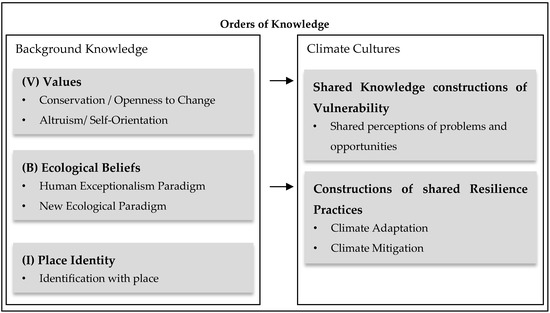
Economic Sustainability
Maintaining a balanced economy is a constant challenge. The Falkland Islands are working to diversify their economy beyond agriculture and fishing.
nullShould you desire more in-depth information, it’s available for your perusal on this page: Small Islands, resilience and social control: how the Falkland …
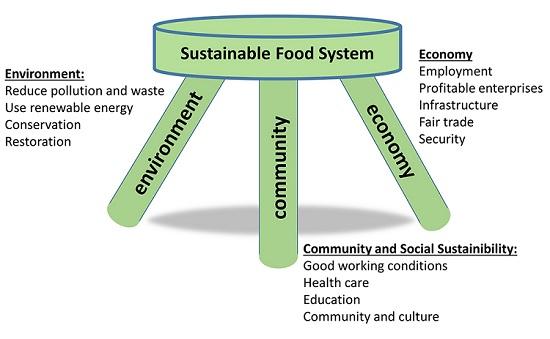
Preservation of Identity
Falkland Islanders hold a strong British identity, but they also treasure their unique Falkland Islands identity. They maintain a deep sense of belonging and self-determination, as evidenced by their successful 2013 referendum, where an overwhelming majority voted to remain a British Overseas Territory.
Falkland Islanders proudly embrace a dual identity, which is a testament to their resilience and unique history. While they hold a strong British identity, fostered by centuries of historical ties, they simultaneously cherish their distinct Falkland Islands identity, a blend of their islander heritage and the values that have evolved over generations.
This duality is not a contradiction but rather a reflection of their complex history and their unwavering commitment to self-determination. The Falkland Islanders’ attachment to their homeland runs deep, and their sense of belonging is closely tied to their ability to shape their own destiny.
The resounding success of the 2013 referendum stands as a powerful symbol of their determination. An overwhelming majority of Falkland Islanders voted to remain a British Overseas Territory, reaffirming their allegiance to the United Kingdom while also making a resolute statement about their autonomy. This exercise in democracy was not just an affirmation of their political status but a declaration of their right to determine their own future.
Falkland Islanders are keenly aware of the unique nature of their archipelago, from the pristine natural beauty to the rich biodiversity that inhabits its waters. Their commitment to conservation is a reflection of their deep connection with the land and the sea. Efforts to protect their fragile ecosystems and preserve their unique flora and fauna underscore their commitment to safeguarding their environment for future generations.
Moreover, their Falkland Islands identity is expressed through their vibrant culture and traditions, from the colorful Falklands Day celebrations to the rhythmic sounds of traditional music and dance. These cultural elements are a source of pride and serve as a reminder of their distinctive islander heritage.
In summary, the Falkland Islanders’ ability to balance their British identity with their Falkland Islands identity exemplifies their resilience, self-determination, and profound love for their homeland. Their commitment to shaping their own future while preserving their unique heritage is a testament to the enduring spirit of the islanders and their unwavering bond with the Falkland Islands.
Should you desire more in-depth information, it’s available for your perusal on this page: Chapter 3 — Global Warming of 1.5 ºC

The Falkland Islanders’ resilience and sense of identity are a testament to their enduring spirit. They have thrived in one of the world’s most isolated and challenging environments, preserving their heritage and unique way of life. As they look toward the future, the Falkland Islanders continue to navigate the challenges of isolation, climate, and economic sustainability, all while proudly maintaining their British and Falkland Islands identity in the South Atlantic.
The Falkland Islanders’ remarkable resilience and unwavering sense of identity are qualities that have been honed through generations of living in an isolated and demanding environment. Their ability to not only survive but thrive in these challenging conditions is a testament to their deep connection with their land and the sea that surrounds them.
A Sense of Place: The Falkland Islanders’ sense of identity is intrinsically tied to their homeland. They share a profound connection to the windswept landscapes, rocky coastlines, and rolling hills that define their archipelago. The isolation of the Falklands has fostered a deep appreciation for the beauty and uniqueness of their surroundings, and this love for their homeland fuels their determination to protect it.
Cultural Preservation: The Falkland Islanders are not only stewards of their natural environment but also guardians of their cultural heritage. Traditional music, dance, and storytelling are cherished aspects of their identity. These cultural practices serve as a means of passing down knowledge and values from one generation to the next, strengthening their bond with their Falkland Islands heritage.
Adaptation and Innovation: Living in isolation has required the Falkland Islanders to be adaptable and innovative. They have developed unique skills and techniques for farming, fishing, and surviving in a harsh climate. These adaptive qualities are not only practical but also reflect the resilience of their spirit.
Community Resilience: The Falkland Islanders’ sense of identity is deeply rooted in their strong sense of community. The close-knit nature of their society means that they support one another through challenges and celebrate successes together. This sense of unity is a source of strength as they face the ongoing challenges of isolation, climate, and economic sustainability.
Proudly British and Falkland Islands Identity: While they maintain a strong British identity, the Falkland Islanders also embrace their distinct Falkland Islands identity. Their 2013 referendum, in which an overwhelming majority chose to remain a British Overseas Territory, reflects their commitment to preserving their unique status and way of life. This dual identity is a source of pride and solidarity among the islanders.
As the Falkland Islanders gaze toward the future, they do so with a sense of purpose and determination. They understand that the challenges of isolation, unpredictable weather, and economic sustainability will persist. However, their enduring spirit, forged through centuries of resilience, ensures that they will continue to protect their heritage, foster their unique identity, and thrive in their beloved Falkland Islands in the vast expanse of the South Atlantic.
For a comprehensive look at this subject, we invite you to read more on this dedicated page: World Economic Situation and Prospects 2020
More links
Additionally, you can find further information on this topic by visiting this page: South Atlantic Report Card | Marine Climate Change Impacts …
